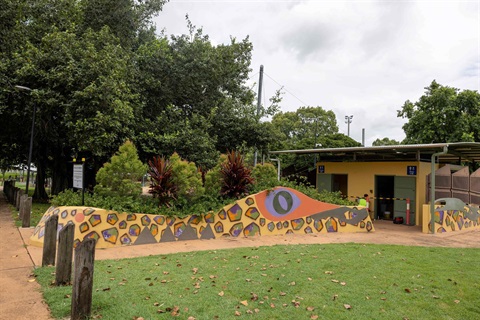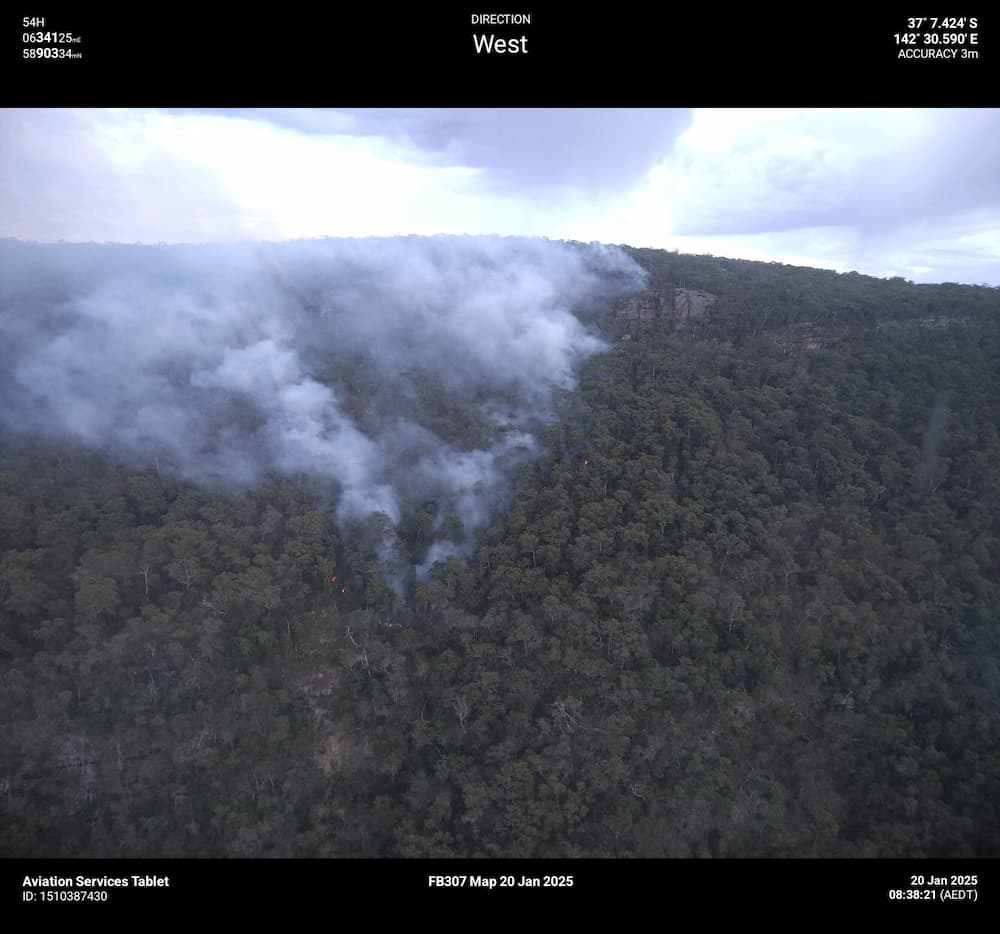Results at a glance:
- Victorian farmer confidence has declined further in the latest quarter.
- Victoria – along with Tasmania and WA – reported a decline in rural confidence, while Queensland, NSW and SA saw sentiment begin to improve.
- Lower commodity prices the main factor negatively impacting Victorian farmer sentiment.
This downward trend, following a decline last quarter, is in line with weaker farmer confidence seen across Tasmania and Western Australia this quarter – while primary producers in Queensland, NSW and South Australia have reported a slight uplift in sentiment.
The Q4 survey, released today, found only 13 per cent of Victoria’s farmers expect business conditions to improve in the coming 12 months (unchanged from last quarter), while over half (52 per cent) anticipate conditions to worsen (up from 44 per cent previously). A total of 32 per cent expect business conditions to remain the same (down from 42 per cent).
Of those Victorian farmers who are expecting agribusiness conditions to decline, concerns remain broadly unchanged from last quarter, with lower commodity prices nominated by 73 per cent, rising input costs by 32 per cent, drought (20 per cent) government intervention/policies (10 per cent) and rising interest rates (13 per cent).
Commodity prices were also cause for optimism among some farmers though – with 64 per cent of those Victorian respondents anticipating a better year ahead, identifying the prospect of rising commodity prices as the chief factor behind their view.
Rabobank regional manager for Southern Victoria and Tasmania Deborah Maskell-Davies said it has been a challenging year for some Victorian farmers – “particularly for livestock producers who have been dealing with depressed markets”.
“And the early predictions of potentially drier seasonal conditions have also impacted on farmer confidence levels, when, in reality, many parts of the state have enjoyed a good to average season,” she said. “However, much of Gippsland has experienced dry weather conditions through winter and spring, which would have impacted farmers’ confidence levels in that region.
“Victoria’s sheep and beef producers have had a tough year trying to keep their costs of production under control, while receiving reduced prices for their stock.”
Victorian sheep producers were shown to be the most pessimistic of all the state’s farmers this quarter, with 67 per cent anticipating agribusiness conditions to worsen in the year ahead (up from 61 per cent previously).
Ms Maskell-Davies said 2023 has been a difficult year for those in the state’s sheep sector.
“Sheep producers have had to cope with strong supply in the market, which has significantly reduced the price of their lambs” she said. “The saleyard price of Victorian trade lambs dropped 42 per cent in the 12 months to the beginning of October.”
The number of Victorian dairy producers taking a pessimistic outlook on the year ahead had also grown, at over half (53 per cent) – up from 40 per cent last quarter. Major concerns were the potential for falling commodity prices in the year ahead and the prospect of rising input costs.
“This year, Victorian dairy farmers have seen a competitive domestic dairy market that has been delivering strong prices,” Ms Maskell-Davies said. “Off the back of these strong prices, a number of dairy farmers have taken the opportunity to invest in technology, such as robotics in their milking sheds, in a bid to ease the ongoing challenge of sourcing farm labour.
“Most dairy producers across southern Australia, including Victoria, will have good feed reserves heading into the summer – having taken the opportunity created by a good growing season and access to plenty of water to put away hay, feed and silage in preparation for the future.”
Beef sector confidence in the state has been impacted by soft commodity prices seen during this survey, which was completed last month.
Of the 51 per cent of Victorian beef producers who are expecting the agricultural business conditions to worsen in the coming year (up from 40 per cent in the previous quarter), 65 per cent cited falling commodity prices as their key concern.
Ms Maskell-Davies said Victorian beef producers are hoping that they have passed the bottom of the market, with cattle prices finding a floor in October and rising again since November.
“The November rain across northern NSW and Queensland has had the knock-on impact of seeing Victorian saleyard restocker steer prices jump 36 per cent since the beginning of October. Hopefully the confidence returns to the market to help it stay there or go higher,” she said.
The survey found Victorian grain growers to be the most optimistic sector in the state, with 64 per cent expecting economic conditions to improve or remain the same in the next 12 months.
“We have been hearing reports of good crops being harvested across the state, however, the impact of some significant rainfalls in late November is likely to create some grain quality issues,” Ms Maskell-Davies said.
Overall, this quarter, investment appetite was shown to be lower among Victorian farmers. Fewer are expecting to increase investment in their farming business (11 per cent, down from 13 per cent last quarter) and more are now looking to decrease investment levels (35 per cent, up from 21 per cent previously).
Of those farmers in the state planning to increase their farm business investment, there was less appetite to spend on farm infrastructure – such as fences, yards and silos – this quarter (49 per cent, down from 78 per cent previously), as well as irrigation/water infrastructure (18 per cent, down from 29 per cent). Interest in property purchase waned slightly, with 32 per cent of the farmers intending to increase their investment levels planning to buy farmland (down from 33 per cent).
“There has been a reset in the Victorian agricultural property market – land prices remain strong, and farmers still wish to expand their businesses. However, competition at property auctions is not as fierce as in recent years – there’s not the depth of buyers,” Ms Maskell-Davies said.
Farm debt is expected to increase, with 22 per cent of Victorian farmers surveyed indicating they anticipate their debt will rise (up from 18 per cent in quarter three) while 19 per cent expect to decrease debt (down from 21 per cent).
And of those Victorian farmers looking to increase their debt, the proportion looking to use the borrowings for working capital has increased from 18 per cent to 58 per cent, those looking to expand their farming operations decreased from 24 per cent to 17 per cent, while borrowing for on-farm capital investment is down from 53 per cent in the third quarter to 15 per cent.
A comprehensive monitor of outlook and sentiment in Australian rural industries, the Rabobank Rural Confidence Survey questions an average of 1000 primary producers across a wide range of commodities and geographical areas throughout Australia on a quarterly basis.
The most robust study of its type in Australia, the Rabobank Rural Confidence Survey has been conducted since 2000 by an independent research organisation. The next results are scheduled for release in March 2024.







